#RenaultTwingo
Infiniti Confirms Compact Q30 for Frankfurt Auto Show
Confirming their June confirmation, Infiniti will bring a production-ready version of their compact Q30 to the International Frankfurt Motor Show in September.
The compact, which will be built in the United Kingdom, powered by the same 2.0-liter, turbo four that powers the Mercedes GLA and CLA under a joint agreement between Mercedes and Renault-Nissan.
The related compact crossover QX30 shouldn’t be far behind.
Confession Time: I Want A Smart Forfour
BREAKING: Smart Builds Something Desirable
In the automotive world “Smart” is little more than a punchline, a symbol of bad packaging and failed branding. The current lineup of cars has dragged on for far too long, languishing without any upgrades and watching its market share recede as newer, more exciting entrants come in to play. But the next generation might be a chance for the brand to do a complete 180.
Yo! TTAC Wraps
The still you see above is from the latest promotional video regarding the new Smart ForTwo and ForFour. We will certainly see the ForTwo in the United States. The ForFour is less likely, but I am holding out hope – I really like its sister car, the Renault Twingo, and I would love one with the swirly camo wrap seen above.
Nobody Told Renault That It's Backwards Day
Just when it looked like Citroen had a lock on weird, funky French cars, rival Renault has come out swinging with their new Twingo A-Segment car.
Dispatches Do Brasil: In Defense Of The Renault Twingo
The Twingo is celebrating its 20th birthday and many people the world over are celebrating and reminiscing of times gone by in what was a car that dared to stand out in a staid market accustomed to treating A-segment buyers as second class. Renault came along and actualized Patrick Le Quément’s vision, and in the process, created a legend.
The Twingo Turns 20
Renault Teases The Twingo
Renault, PSA Face Unprofitable Paradox
Prevailing wisdom today holds that small cars, manufactured in developed economies are some of the least profitable cars in existence. So why do companies like Peugeot, Citroen and Renault persist in producing them?
Renault Twingo And Smart Forfour: A Curious Child Of The Daimler-Renault Alliance
One of the more interesting bits of news this week comes from France; the next-generation Smart Forfour (big brother of the worst car on sale today, as voted by the readership) will share a common architecture with the adorable Renault Twingo.




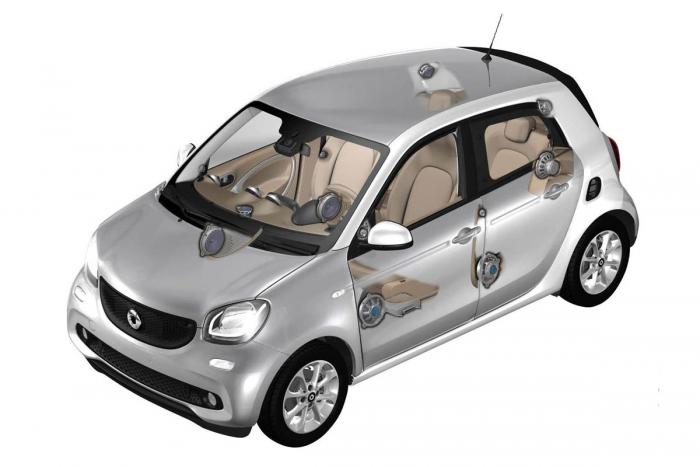
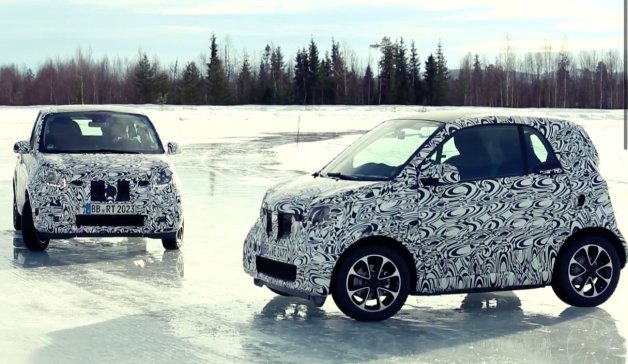
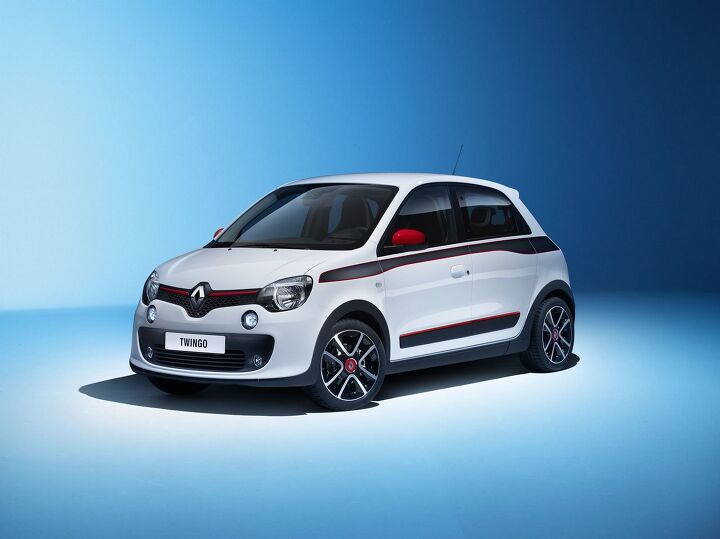

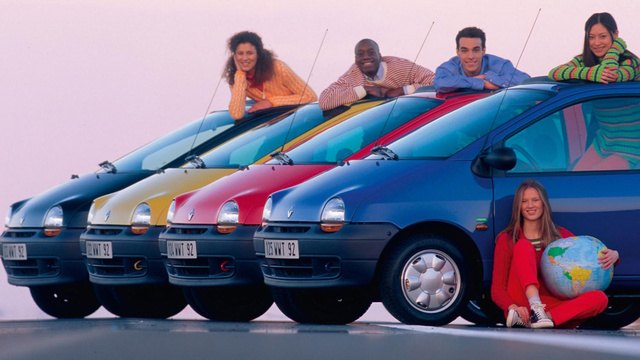
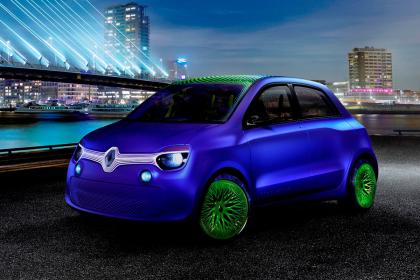
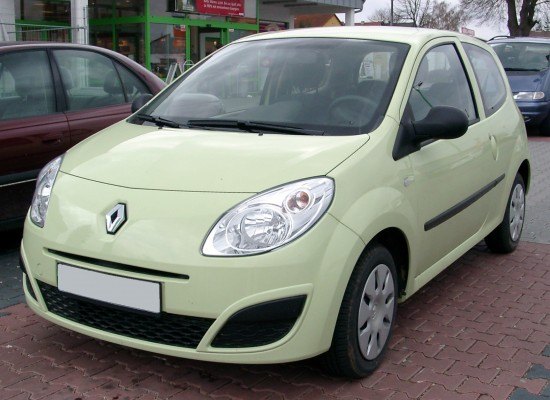
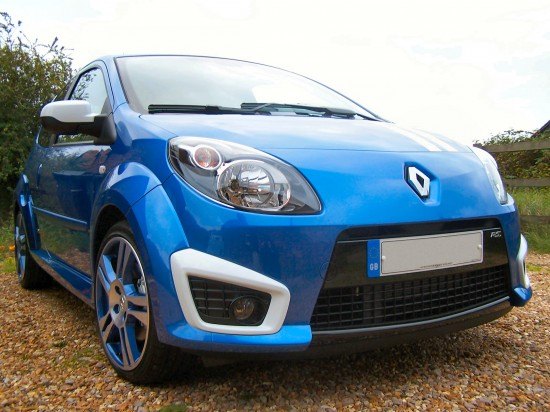












Recent Comments